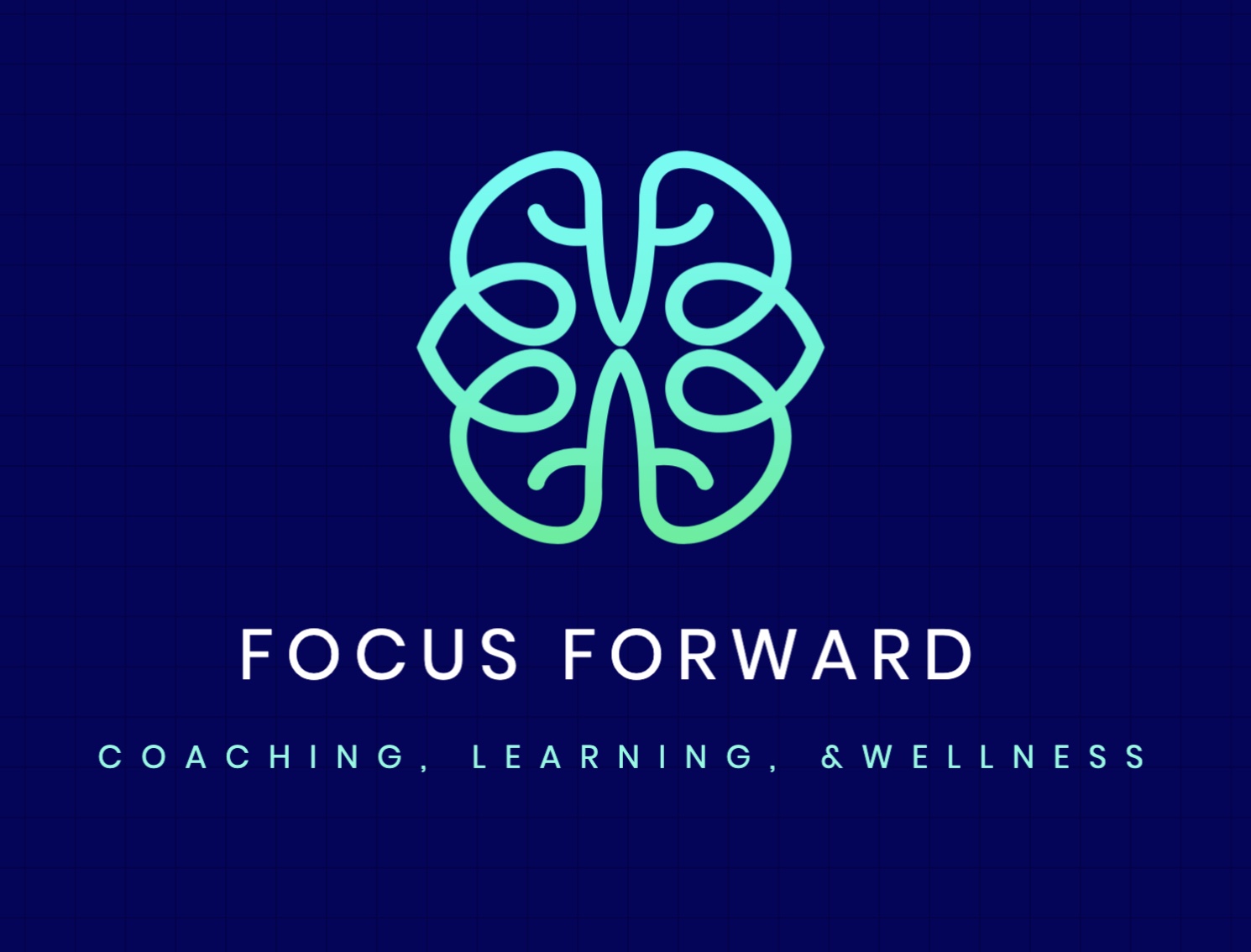Progress
Share
In today’s fast-paced digital world, students of all ages—young children through college—are facing an unexpected challenge: they are being robbed of the ability to develop essential executive functioning skills. This loss has serious implications for their ability to plan, organize, and problem-solve independently. If we don’t recognize and address this issue, we risk creating a generation that struggles to navigate life’s complexities without constant guidance. Read on to explore why this is happening and what we can do to foster these critical skills in an age of convenience.
The Digital Age Dilemma: Convenience vs. Cognitive Growth
Technology is a double-edged sword. It provides convenience, but at what cost? Students no longer have to plan their route to a friend’s house—they have GPS. They don’t need to check the sky before leaving home—they have an hourly weather forecast in their pocket. Even their academic progress is fed to them in real-time, making them more focused on checking grades like stock prices rather than engaging in reflective learning.
As a result, many young people struggle with essential executive functioning skills such as:
- Planning: Thinking ahead and mapping out steps to reach a goal.
- Prioritization: Determining what matters most and what can wait.
- Organization: Structuring thoughts, materials, and time effectively.
- Problem-solving: Adapting when things don’t go as planned.
- Self-regulation: Managing emotions, impulses, and distractions.
More Than Just Checklists: Real Skill Development
One of the biggest misconceptions about executive function is that success is about simply following checklists. While checklists can be helpful, they don’t inherently teach executive function skills. Many students excel at executing someone else’s well-thought-out plan but struggle when they need to create their own.
That’s where coaching comes in.
At Focus Forward, we help students develop their own frameworks for thinking, planning, and executing. Instead of jumping in feet first, we guide them to step back and map out a clear strategy:
- Start with the end goal in mind. Whether it’s a school project, a college transition, or a career move, understanding the desired outcome helps clarify the steps needed to get there.
- Break it down. What are the key pieces of the puzzle? Identify and tackle one element at a time.
- Prepare for obstacles. A well-thought-out Plan B ensures that when things don’t go as expected, they can pivot with confidence.
- Evaluate and adapt. Learning isn’t just about completion; it’s about reflecting on what worked and what didn’t.
Creating Opportunities to Think, Plan, and Lead
So, how can we help students build these skills in a world designed for instant answers and guided paths? The key is intentionality. We must create real-life opportunities that challenge them to think critically, plan proactively, and solve problems independently.
- Encourage unstructured time where they must decide how to manage their day.
- Involve them in real-life planning (trips, schedules, budgeting) so they learn the mechanics of decision-making.
- Foster self-advocacy by letting them take the lead in conversations with teachers, mentors, or employers.
The ability to plan, prioritize, and pivot isn’t just an academic skill—it’s a life skill. And in a world where automation and instant access to information are the norm, these skills are more valuable than ever.
At Focus Forward Coaching, Learning & Wellness, we empower students and professionals to take charge of their learning, transitions, and lives. Ready to help your child—or yourself—develop these critical skills? Let’s start the conversation.
Written by: Kristelle Kambanis
-Founder of Focus Forward Coaching, Learning & Wellness
#ExecutiveFunction #Coaching #ADHD #LifeSkills #FocusForward #StudentSuccess #CollegeTransitions
Related Posts
Coaching, Development, Education, Executive Function




